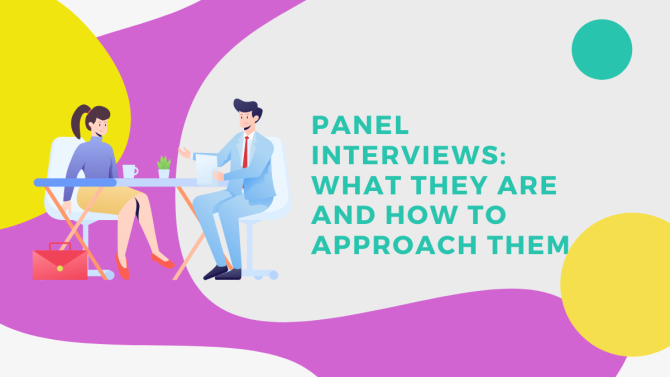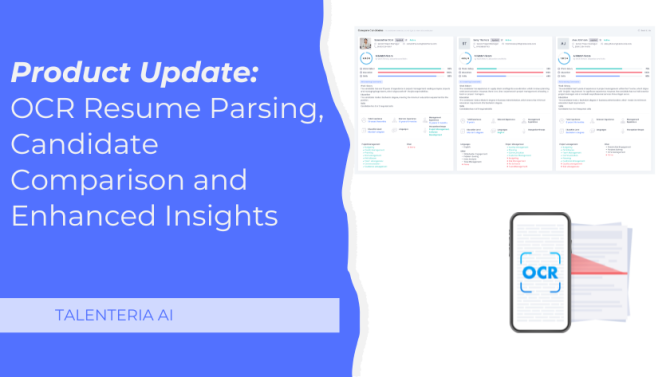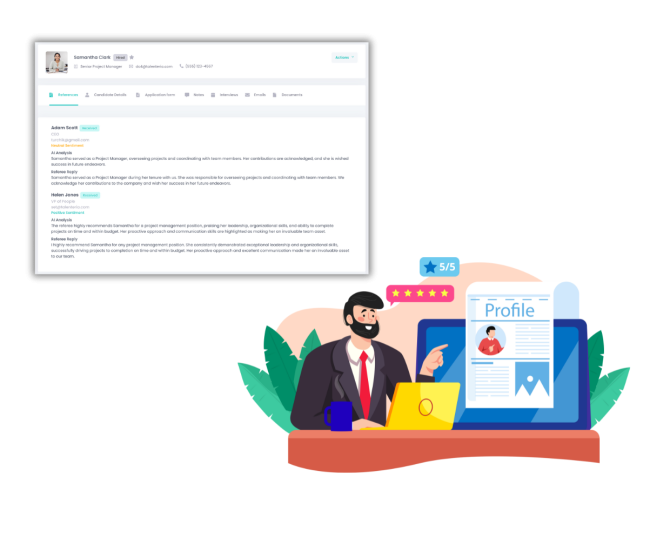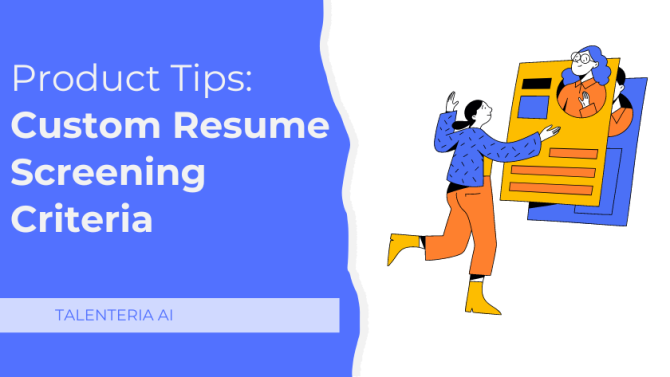
Panel Interviews: What They Are and How to Approach Them
Interviews are at once the most necessary and intimidating things a job candidate can face. Usually, you have to clear several stages to get to the interview round, which means you have done great so far. However, there is one intimidating challenge to pass: the panel interview.
A panel interview is a step up from a regular interview. If the thought of being interviewed by multiple people intimidates you, and you want to find a winning strategy for an upcoming panel interview, then you’ve come to the right place! This article will give you all the tips and tricks you need to come out on top.
What Is a Panel Interview?
As we discussed above, a panel interview is one where instead of one person, the applicant has to answer questions from multiple interviewers simultaneously. These people are usually from different parts of the organization and can sometimes even be from outside the company entirely.
What makes panel interviews so effective is this very strategy. With so many different people involved, it is only natural that they ask a variety of questions. They all have different experiences and perspectives shaping their approach to an interview, and this is valuable in determining whether a candidate has what it takes to be employed.
It is in this way that panel interviews make for better hiring decisions. With multiple minds working together, a better assessment can be made of every candidate and whether they will fit the role they have applied for and the company in general.
How to Perform Well During a Panel Interview
Now that you know what you will be stepping into, it is time to prepare you for it. This section will give you a few tips you can implement to make the best impression during a panel interview.
1. Study the Opposition
That’s a dramatic way of putting it, but you know what we mean. Forewarned is forearmed, and this is the best strategy you have at your disposal. Simply ask the hiring manager or your company contact who you will be meeting with at the interview, and then look them up on LinkedIn. You will find their designations and get an idea of what kinds of questions each person is likely to ask you.
2. Engage With the Entire Group
Remember to always engage with every single one of your interviewers during the panel interview. Some will be more enthusiastic than others, but you need to establish a rapport with them all. You can do this by taking a particular question asked by someone and turn it into a general answer that everyone can glean insight from - only after you answer the original question, of course!
3. Be Careful What You Say With Your Body
By now, it is common knowledge that 70% of all communication is non-verbal. In an interview, you are bound to be nervous, and even if you can talk your way around it, your body language can betray you.
Maintain eye contact, and shift around to face every interviewer as you answer their questions. You need to make the atmosphere comfortable and casual. The better the rapport you have with them, the better your experience will be.
4. Avoid Getting Pinned Down by the Questions
The downside to having multiple people interview is that there is only a limited amount of time for everyone to get their questions in. This means that you can expect to have questions thrown at you a mile a minute. You need to control the pace. Don’t be afraid to take a second to think about what you want to say, but keep your answers brief. Limited time, after all.
If an interviewer cuts you off with a question while you are answering someone else’s, decide whether the rest of your answer is essential. If it isn’t, leave it. If it is, diplomatically tell them that you will answer their question after finishing the current one.
Ask Your Own Questions
This is the hallmark of every panel interview. Remember, you are not in a one-way street. You are free to pose your own questions to the interviewers to better grasp the situation, and you definitely should. It shows that you can be cerebral on the fly.
Another thing to keep in mind is that, since there are multiple interviewers, it might spark a follow-up question from someone else when you answer one of them. Be ready to answer at the drop of a hat and keep lots of anecdotes at hand to sprinkle in.
Sample Panel Interview Questions
To better prepare yourself, you need to know the kinds of questions that might be coming at you in such a rapid-fire manner. Knowing is half the game, and if you prepare some of these questions, then the chances are good that you will encounter a few. If you do, that’s less time you spend on thinking about an answer and more time you have on controlling the playing field.
Most of the questions you are likely to face will be about what you would do in certain situations and how you would act. Some of the most common questions are:
- Tell us a little bit about yourself.
- Where do you see yourself in five years?
- What are some of your greatest strengths?
- What are some of your greatest weaknesses?
- Why do you want to work for our company?
- How is a colleague likely to describe you?
- What is your approach to a project that has tight deadlines but little to no supervision?
- How do you handle disagreements and opposition to your ideas?
- Tell us about your experiences with conflicts within a group project and how you solved them.
- Have you ever dealt with a difficult client? How did you keep the situation from getting out of hand?
- What is the worst mistake you made in your work life? How did you fix it?
- Tell us how you would explain a difficult topic to someone who is unfamiliar with it.
What do all of these questions have in common? The answers, if you get into it, will be very long. The main test, therefore, is to answer them efficiently.
How to Respond to a Panel Interview Invitation
The only thing to do is reply immediately and accept right away. If, for some reason, you absolutely can’t, call the office and reschedule. Approach it like any other interview. Do your research, confirm the time and date a few days before the event, and ask any questions you might have about directions, who you will be meeting, etc.
Are You Ready?
The important thing you should do is stay calm and collected. Focus on what you learned here, be confident, smile, and be sure to send each of your interviewers a personalized thank-you note after it’s done. Good luck! If you need more advice and guides for the hiring process, be sure to check out our other articles on Talenteria!





